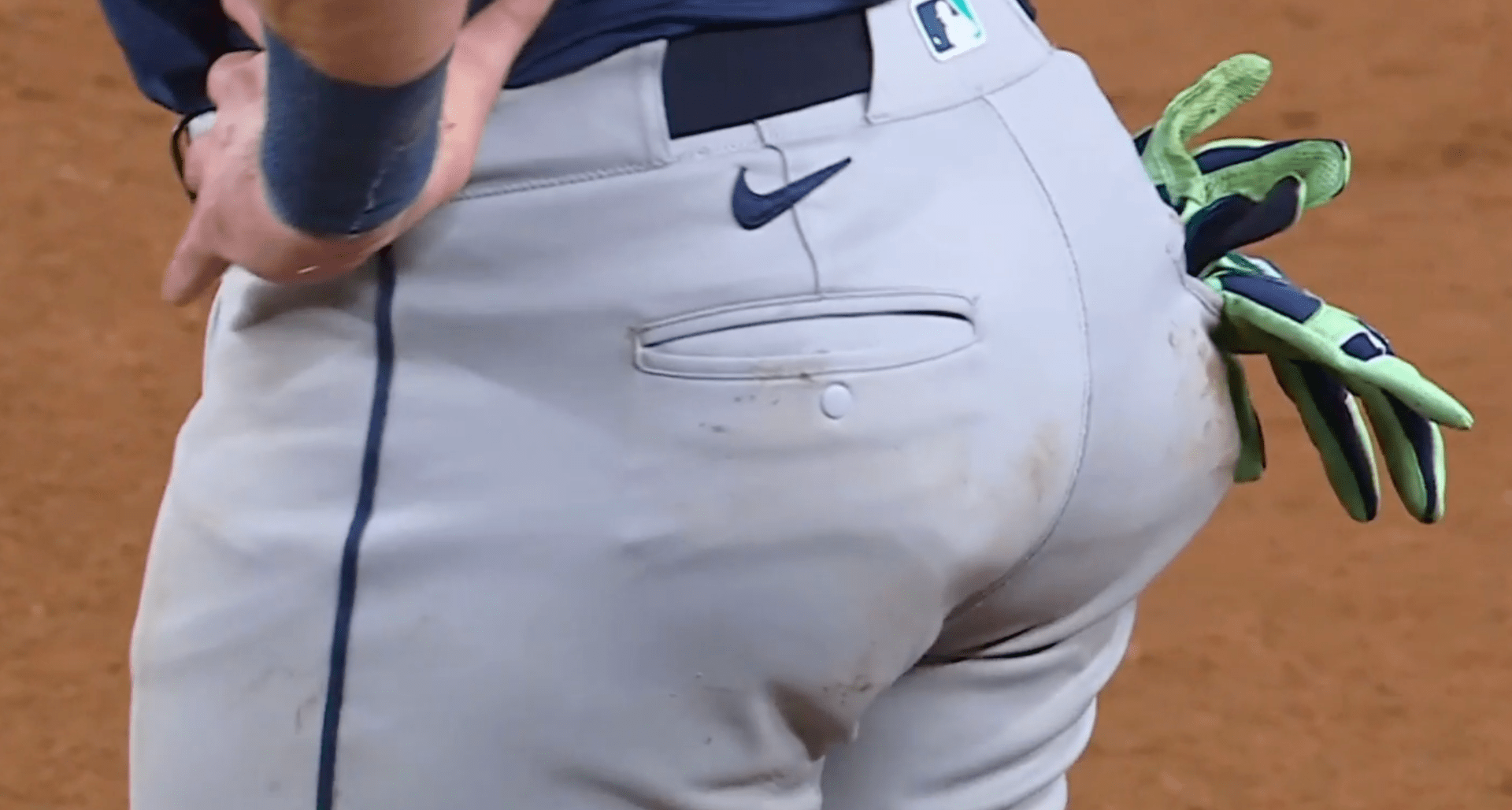Someone once told me that the key to becoming a successful writer was to outlast all the hurdles that get placed in your way. Somewhere around the 10-year mark, I was told, there was a bottleneck, and if you could get through the bottleneck and out onto the other side, you would be more secure, more able to write the kinds of things you wanted to write. There are enough problems with this theory to make it not exactly true, but you will feel more stable in most any career after 10 years if you can make it that far. Nepotism, however, is the secret boost. Have a sufficiently successful family member in any industry, and you can start out on the other side of the bottleneck. You'll still have to work, of course, but you never faced the first trial.
Yesterday, Vulture published an entire feature well package about nepo babies. There is a flow chart that shows you the parents of currently famous young people. There is a section where Vulture staff writers chose their favorite nepo babies. The cover article, by Nate Jones is called "How a Nepo Baby Is Born." It traces the history of nepotism in Hollywood, the coining of the phrase "nepo baby," and attempts to place various nepo babies on a spectrum of fame and fortune. The cover of the magazine this week features a bunch of literal babies in baby-sized hospital beds, their faces replaced with the more recognizable ones of entertainment-industry nepo babies:
The article, like many others on nepo babies that have been published over the last few years, focuses exclusively on Hollywood. It makes sense, given that celebrities are our common culture, and also a reliable news hook. Writing about a celebrity whose dad was a film director is always, always, going to be read more widely than a story about any other form of business. Society seems to have accepted that business, and law, and Wall Street, are family professions for Family Wealth, but there is also a strange wish to believe that Hollywood—the arts in total—are different.
This belief is a vital component of The American Dream. The idea is that you could pick up your life and move to New York or Los Angeles, and if you're talented enough and work hard enough, you can make it. Maybe this is because the arts are a status position, albeit a culturally contested one. A man who sits in a board room, no matter how much money he may make, does not have the cultural cachet to be cool (though some of them have Kendall Roy Disease, which leads them to believe they might). Cool jobs like acting and painting and singing, we seem to believe as a country, are too important to waste on the sort of mediocrities permitted to fill corner offices and boardroom seats. They are reserved for people with talent, or should be. It should be a meritocracy.
I believed this too. Growing up, I wanted to be an artist. I was good, too, won a few little awards in the small pond of the North Texas exurbs. I dreamt of being the next Lee Krasner, the next Anne Truitt. When it was time for me to go to high school, I applied to the fine arts magnet school downtown, and I got in. I was surrounded by Dallas public school kids who all wanted to make it, and inside the medium-sized pond of that school, I realized that my talent was not quite what everyone else's was. That wasn't enough to discourage me, though. What discouraged me was being old enough to notice a true wealth divide among my classmates—to see people who made much less than my family's lower middle class income, and people who made much, much more, and to see how far out that fissure ran.
It is rare, in life, that truly rich people interact with the rest of us. Beneficiaries of nepotism love to say that they work hard, and they do work. Enough nepotism children have flopped and squandered their way to fail-kid status to prove that Gwyneth Paltrow must either have been very talented or worked very hard or both. But everyone sees the world through the lens of their own experience. And what rich kids see when they look around is people richer than them, people with even more money and privilege than they have, and they become convinced that their position is harder than most.
I want to be clear that when I am talking about rich kids here, I am using the Pew Center for Research data. The median income for the upper class in America in 2020 was $219,000. If you make near that, you are rich. That is the data.
Over the last 50 years, the income gap has grown wider. The "middle class" that every American seems to believe themselves to be apart of is much, much poorer than many of those people think. I see people argue online that having $400,000 and living in the suburbs of New York City and sending two kids to private school is middle class. It is not. Middle class is not a feeling. Middle class is not being confronted with wealth inequality. Middle class is an income range. It is dependent on how many people are in your household, and where you live. So is the anxiety and dread that people talk about when they talk about this, to some extent, but we can pin the experience of being middle class to a series of numbers and know it more precisely. There's even a calculator to help you do the math.
Let's say you live in Los Angeles, and have a partner and two kids. If you made $200,000 this year, you're upper class. Not only that, you're in the top 17 percent of people who live in Los Angeles. And sure, there is a huge expanse of difference between a family of four making $200,000 and whatever the Gwyneth Paltrow Omnicorp household is bringing in, but both are upper class. You are both, by the standards of the country you live in, rich.
What bothers me about the Vulture package isn't the focus on nepo babies, but the focus on Hollywood. I've written about this before, but celebrities are not the richest people in this country. They are not even close. They are upper class. But a celebrity that makes even $5 million a year is far, far closer to the lower class than they are to someone like Elon Musk, or Jeff Bezos, or any of the Walton family. Celebrities are making far less than the businessmen who control their industry. The heads of the entertainment industry take home hundreds of milions of dollars every single year.
So it makes sense that celebrities balk at being called nepo babies. If you imagine that the people they are confronted with, in the circles in which they run, are almost always as rich or richer than them, it also makes sense that they don't really think they have an advantage just because their parent is a director. They're wrong, but you can see how they get to that conclusion. After all, it's not like their parent runs a studio, or a record label. It's not like their parent owns Amazon, or Microsoft, or Walmart.
It is hard to fathom that people you have never heard of, who have contributed very little of substance to the world, make double or triple or 10 times what famous people make. The uber-wealthy want it to be hard to fathom. Nothing is better for the men slashing wages across Hollywood than for everyone outside of Hollywood to become convinced that the famous performers are the ones being overpaid, because then the ultra-rich can continue to rake in money, and pay the people actually making the art we want to consume less and less and less.
Celebrities are not the nepo babies we need to be concerned about first and foremost. If you look at this list of the wealthiest Americans, very, very few of them are celebrities, or even especially famous. Most of them are business owners who have stripped money from the American worker steadily and stealthily over the last 50 years. Their hard work in that area has collapsed the middle class utterly; there are numbers bearing this out, too, as well as all the aforementioned anxiety and dread. The nepo babies we need to worry about are those that are primed to inherit the earth silently, without attention, and without anyone noticing—Jeff Bezos's kids, and Mark Cuban's kids and Rupert Murdoch's kids. We need to worry about The Great Wealth Transfer from boomers to millennials, and we need to stop it, before things get even worse by remaining more or less the same.
I want this country to be in a place where yelling at celebrities might be a good use of our time. I also want Dakota Johnson to be one of the richest people in America because she should be. The people who are creating culture and starring in franchise films and gracing the covers of our magazines, the ones that are most interesting and inspiring to the greatest number of people, should be our richest people. It is fine by me that they are rich, although I also think the wealth they have currently is the richest a person should be permitted to be. But it isn't. There are far more silver spoons in this country than there is space on the silver screens.
It is more fun, of course, to be mad about Lily-Rose Depp. She is more fun to talk about, and she almost certainly photographs better than some softer-featured executive scion. But the reason that famous beneficiaries of nepotism can stand in front of us straight-faced and say that they've worked hard and didn't have every advantage under the sun, and actually believe it, is because they know that people infinitely richer than them exist. They see them, I assume, at the special terminal reserved for private jets; that those people are so unrecognizable is, oddly or not, part of their power. None of the people at that terminal see us, and so do not know how bad it is in coach. We, in turn, only see the celebrities, and so assume they are the only ones in that terminal, when many of them are the poorest ones there. And while some of them may not even believe it, they are far closer to becoming one of us than joining the truly wealthy.
The purpose of conversations about nepotism and privilege isn't to snipe at individuals. It is to show the masses the divide, and hope that the fury they feel might be enough to begin to create change. Nepo babies are, first and foremost, rich kids. And it is that wealth discrepancy that most deserves our anger. The problem here is not that nepo babies have famous parents, it's that they have rich parents, and rich kids always have a leg up.
If we want celebrities to Acknowledge Their Privilege, the most effective thing we can do isn't berate them or even criticize them. It is far better, for everyone, to destroy the wealth brackets above them, and re-orient the system towards what people actually value. The people hoarding wealth at the very top of this country have created a system in which all rich people can convince themselves that they are middle class simply by looking upward. There just shouldn't be any level of wealth above that enjoyed by celebrities; they are, after all, supposed to be the stars.







